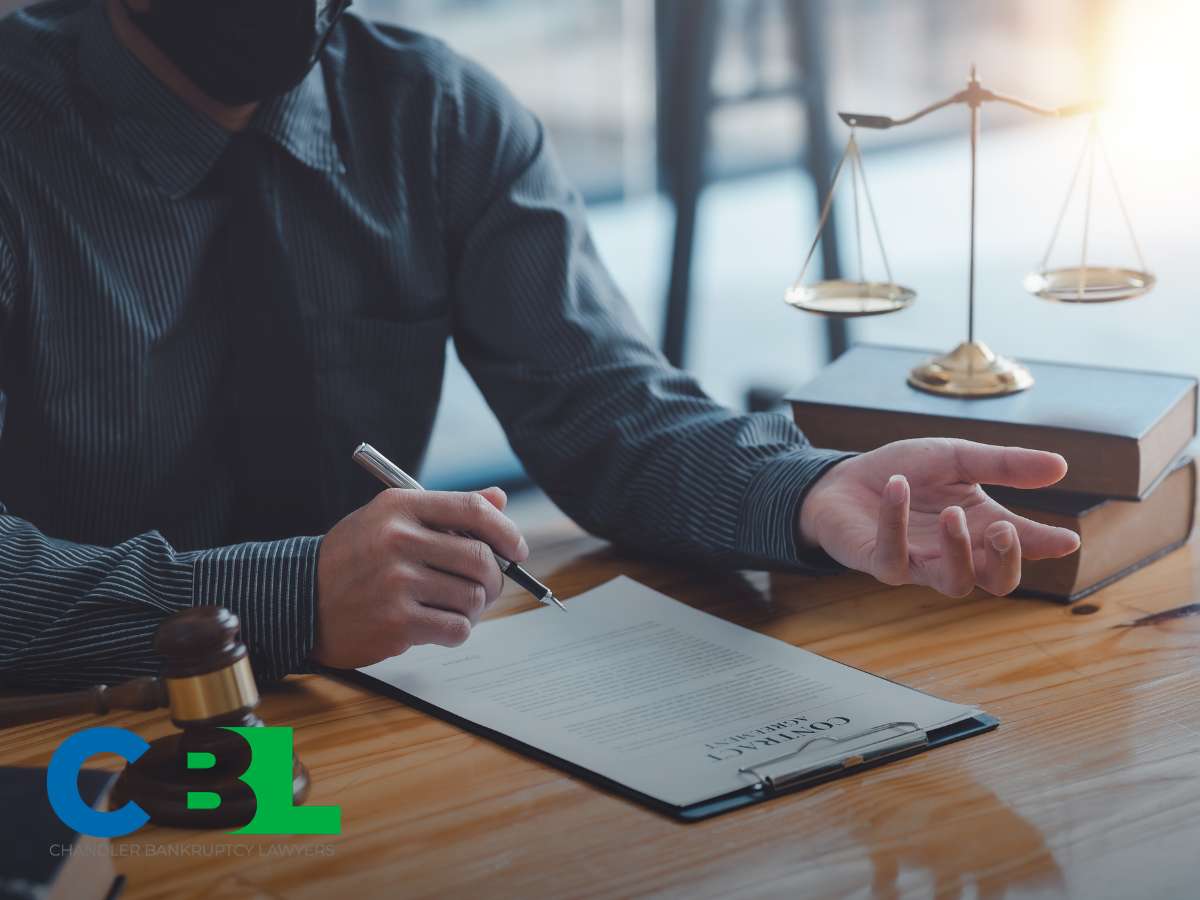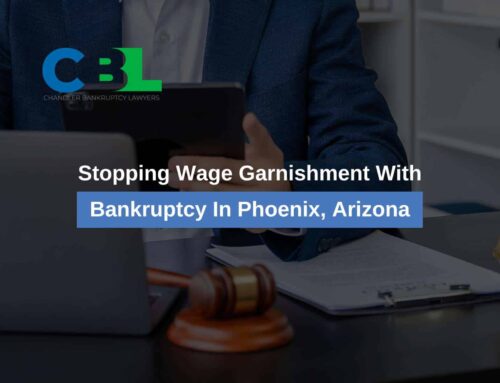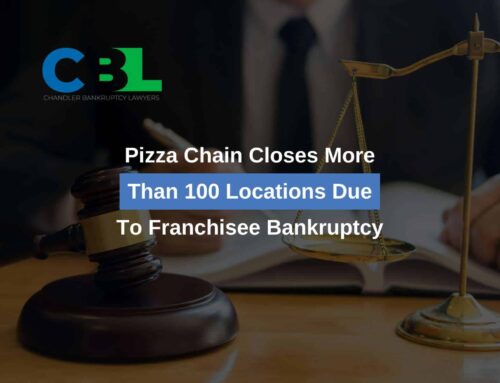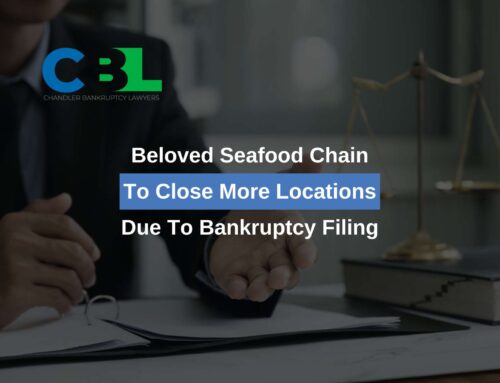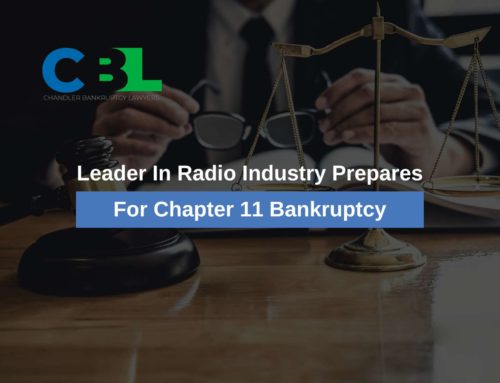With today’s economy, keeping a company in business is harder than ever. Some companies face financial struggles even when their founders have the advantage of already being famous. Kristen Bell is known for her roles in projects like Frozen and The Good Place. In 2019, she founded the baby product company Hello Bello with her husband Dax Shepard, a vaguely famous guy with a podcast. While as a couple, the two used to dominate entertainment news with headlines that would make you say, “Why do I need to know that?”, perhaps that top spot has been taken over by Will and Jada Pinkett Smith. On October 24, 2023, Hello Bello filed for chapter 11 bankruptcy protection.
How Hello Bello Ended Up Filing For Bankruptcy
Hello Bello was originally created with the goal of creating high-quality, sustainable baby products at the most affordable price possible. This was undoubtedly inspired by Bell and Shepard’s two daughters, Lincoln and Delta. The brand was initially only sold at Walmart but eventually expanded to other retailers. It later opened its own diaper distribution and manufacturing center and retail shop in Waco, Texas. However, these ventures still resulted in Hello Bello listing its liabilities and assets at about $1 million each in its bankruptcy petition. Increasing material and shipping costs seem to be the reason behind Hello Bello’s bankruptcy. The Waco center was meant to help combat these costs, but the company has seen the effects of opening its own distribution center fast enough. Opening the center also was a strain on Hello Bello’s financial resources.
Hello Bello’s largest debt is to a tissue supplier for approximately $22 million. However, the company’s bankruptcy filing is intended to turn business around and maintain payroll while sorting things out with creditors. Hildred Capital Management, a private equity firm, offered to buy Hello Bello for $65 million. The offer has not been accepted, but sets a benchmark for other potential buyers.
How Companies & Other Debtors Use Chapter 11 Bankruptcy
Businesses mainly file for bankruptcy using chapter 7 or chapter 11 bankruptcy. Most of the companies that you see filing for bankruptcy in the news are using chapter 11 bankruptcy because the business can keep running in a chapter 11 bankruptcy. Bed Bath and Beyond made headlines with a chapter 11 bankruptcy filing earlier this year. Compared to other types of bankruptcy that are available, chapter 11 is complicated. The business debtor’s top creditors will be involved by forming a committee. Many of the bankruptcy issues will be voted on for approval by the creditor committee. However, the company can maintain control of its own day-to-day operations.
Should I Use Chapter 11 Bankruptcy To Clear My Debts?
Whether you want to file as an individual or a business, chapter 11 is an option, but it likely isn’t the most convenient option. Chapter 7 and chapter 13 bankruptcy can usually better meet people’s debt relief needs. They can also be faster and more affordable. However, if you have a business that qualifies for a small business or subchapter V chapter 11 bankruptcy, this can speed up and simplify the process. When a debtor files for bankruptcy, they will become protected by the automatic stay. This stay stops creditors from garnishing wages, repossessing assets, proceeding with lawsuits, and more. The debtor needs to submit a creditor mailing matrix that includes all of their creditors’ addresses in their petition so their creditors can be notified of the automatic stay. A court-appointed attorney called the trustee will be assigned to oversee the case and distribute funds and assets amongst the creditors. The debtor will need to attend a hearing called the 341 Meeting of Creditors, and may also be required to attend hearings like adversary proceedings and plan confirmations. A bankruptcy debtor will also need to complete one credit counseling course before filing, and another within 60 days of the 341 Meeting of Creditors. For more information about bankruptcy requirements in Maricopa County, Arizona, click here or call 480-780-2211.
Chapter 7
Chapter 7 is what most people think of as bankruptcy, and is the most commonly filed type of bankruptcy. In a process that generally only lasts 3 to 5 months, chapter 7 bankruptcy clears unsecured debts that don’t hold priority status. This includes credit cards, medical bills, personal loans, repossession deficiencies, unpaid utilities, some taxes, and more. It also gives debtor the option to surrender secured assets that no longer make financial sense for the debtor, e.g., a vehicle with a balance much higher than its market value and that needs significant repairs.
One thing that keeps some debtors from filing chapter 7 bankruptcy is its income restrictions. There are two ways a debtor can prove they qualify for chapter 7 bankruptcy. One is by having income that falls below the state median, and the other is by passing the Means Test. A debtor might also be discouraged from filing if they have non-exempt assets.
Chapter 13
Instead of liquidating debts like chapter 7, chapter 13 reorganizes debts into a payment plan. This payment plan lasts 3 or 5 years. The debtor will pay off bankruptcy fees, secured debts, and priority debts in the payment plan, while unsecured debts may be discharged depending on the debtor’s disposable monthly income. Chapter 13 bankruptcy can be instrumental in saving a home from foreclosure, and even offers debtors the opportunity to discharge secondary mortgages.
Other Debt Relief Options
As powerful of a tool as bankruptcy can be, it isn’t the right fit for everyone who has debt. Some debtors may have income and assets that are statutorily protected from creditors, such as social security recipients. Others may primarily have debts like child support and student loans which won’t be discharged by bankruptcy. Some debtors may be able to negotiate payment plans or lower balances with their creditors. Some debts, like hospital bills, may be eligible to be cleared without bankruptcy based on the debtor’s income level. A debtor might also have the option to consolidate debts into one loan that is more affordable and has a favorable interest rate. Get an honest assessment of your situation 100% risk-free by calling 480-780-2211 or clicking here.
Walk Through Your Bankruptcy Options With Our Phoenix Debt Relief Team
Kristen Bell and Dax Shepard’s company filing for bankruptcy shows that debt issues can happen to anyone even the rich and famous. And just like many celebrities do, filing for bankruptcy can protect you from your creditors and help you deal with crushing debts. When debts outside of your budget are cleared, that can leave more flexibility for essentials and rebuilding your credit in a more positive manner. It is highly unlikely that you’ll be subject to an involuntary bankruptcy filing, which means that seeking bankruptcy protection will be your own responsibility. Like most legal matters, bankruptcy isn’t a situation in which it’s advisable to do it yourself. Bankruptcy cases are most effective- meaning they proceed with the least issues and with all possible debts being discharged- when filed by an experienced bankruptcy firm. Chandler Bankruptcy Lawyers has years of experience helping Phoenix residents discharge debts and improve their financial situations. To start the process towards a clean slate with your free phone consultation contact us, or call 480-780-2211.
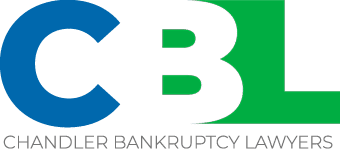
1731 West Baseline Road #101
Mesa, Arizona 85202
Phone:(480) 448-9800
Additional assistance is available from our Arizona Bankruptcy Experts:
Gilbert Bankruptcy Attorneys
Tucson Bankruptcy Lawyers
Glendale Bankruptcy Lawyer
Chandler Bankruptcy Lawyer
Tempe Bankruptcy Lawyers
Arizona Bankruptcy Attorneys
Peoria Bankruptcy Lawyers

